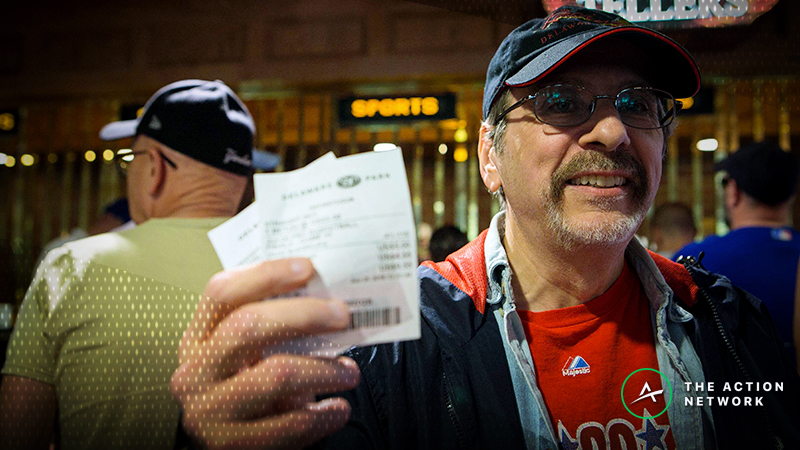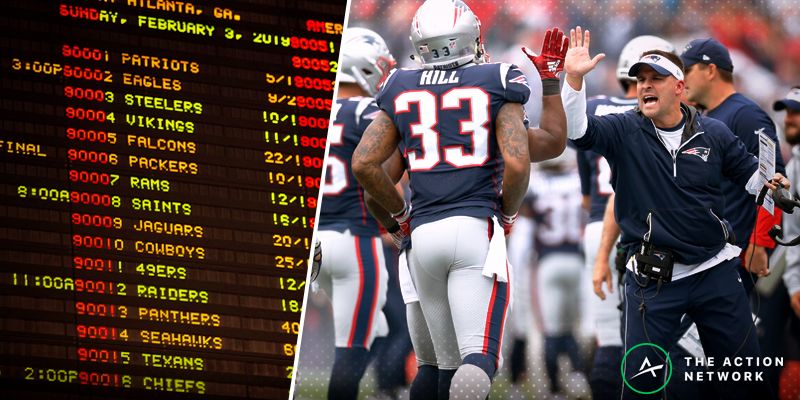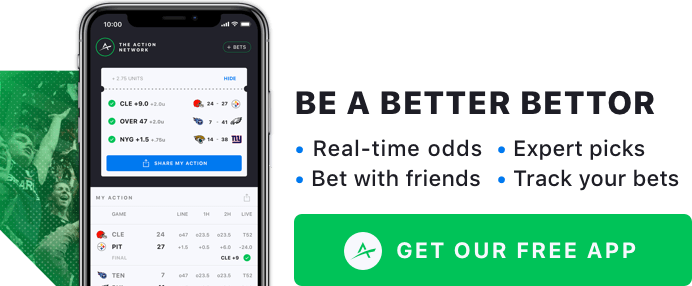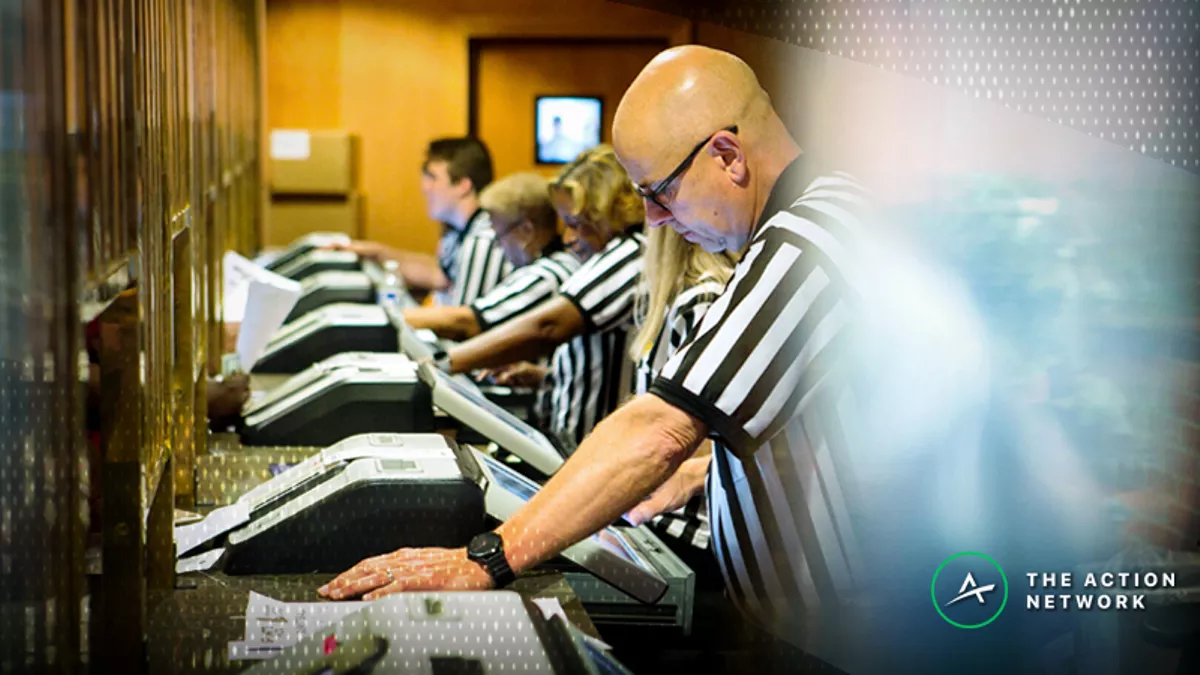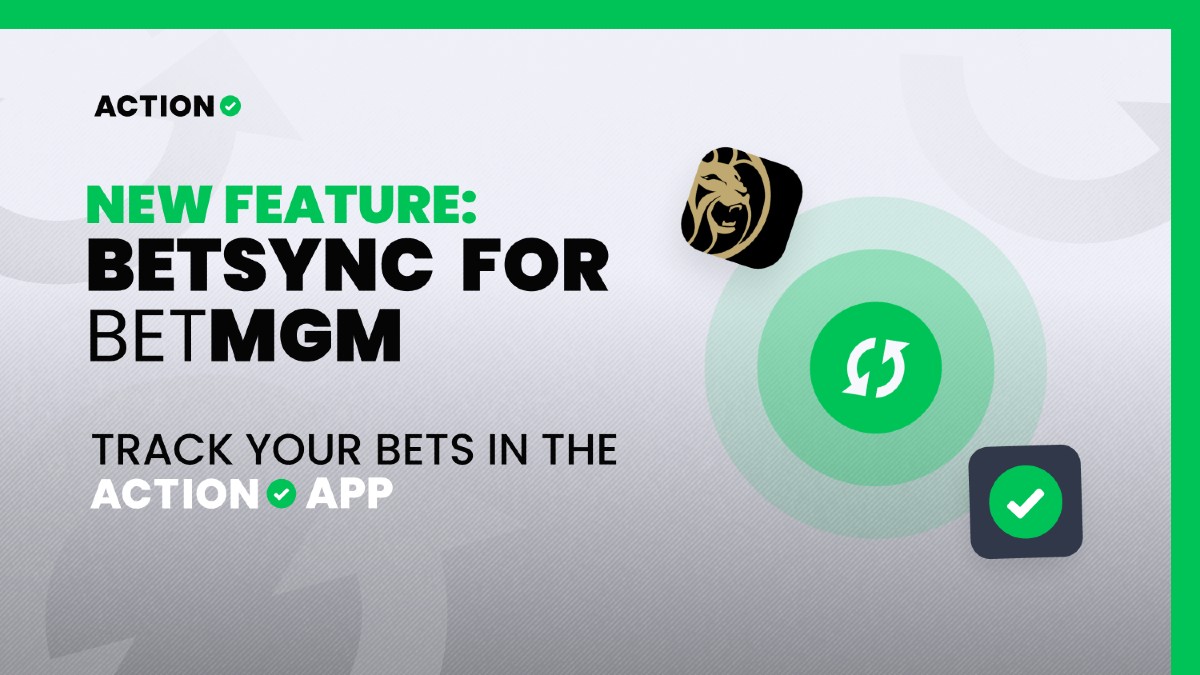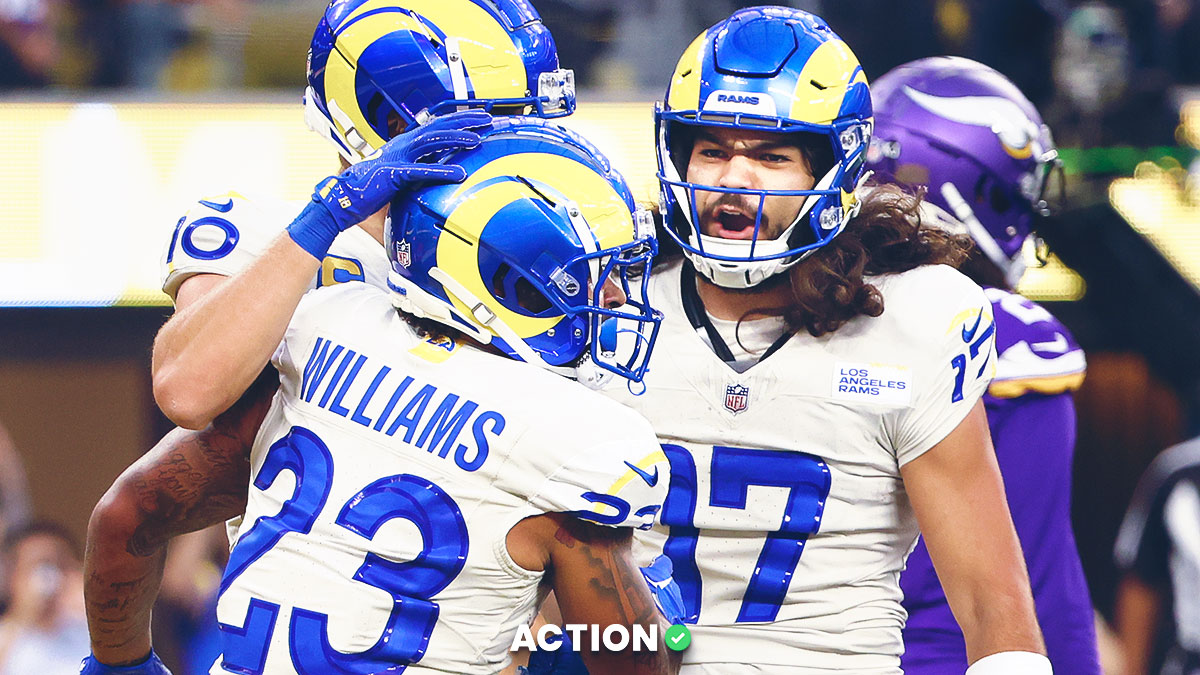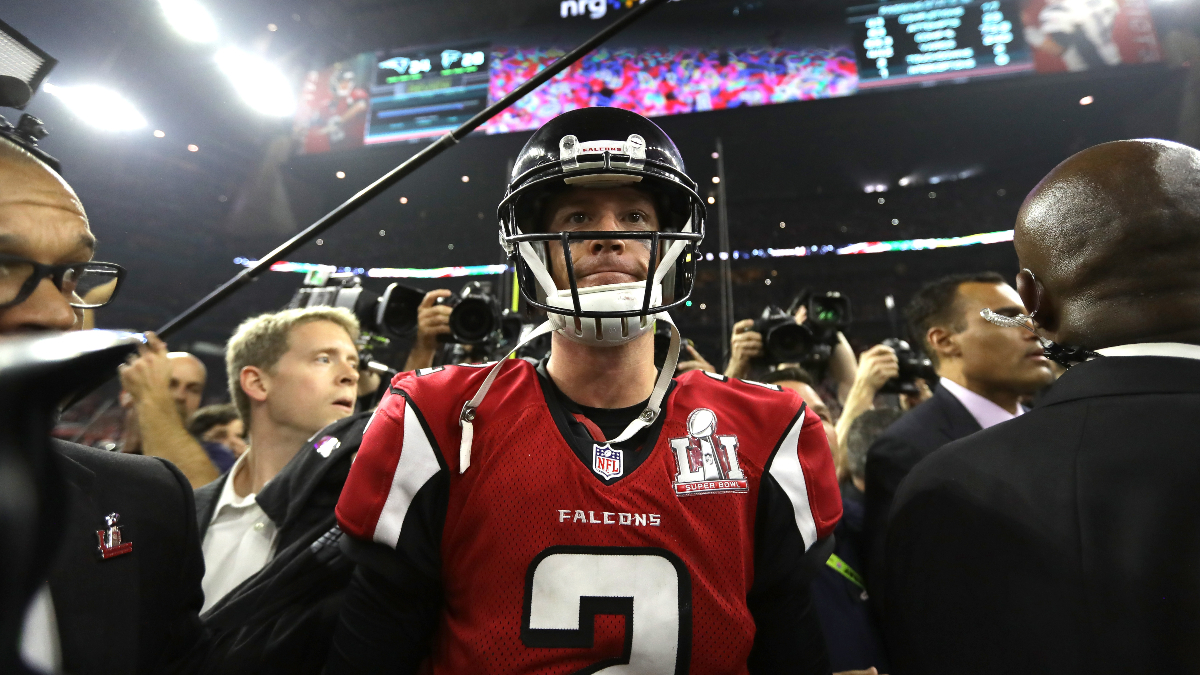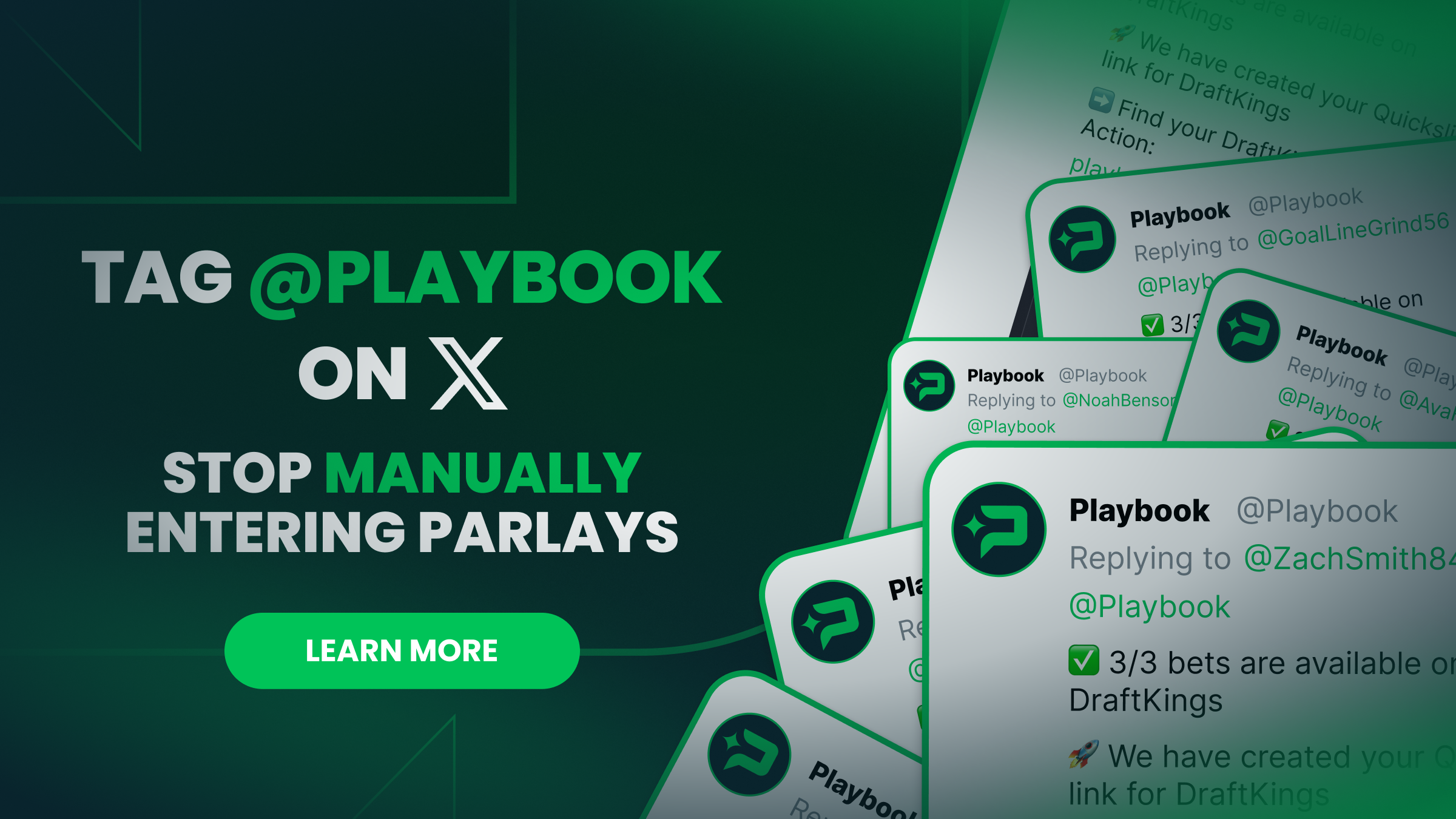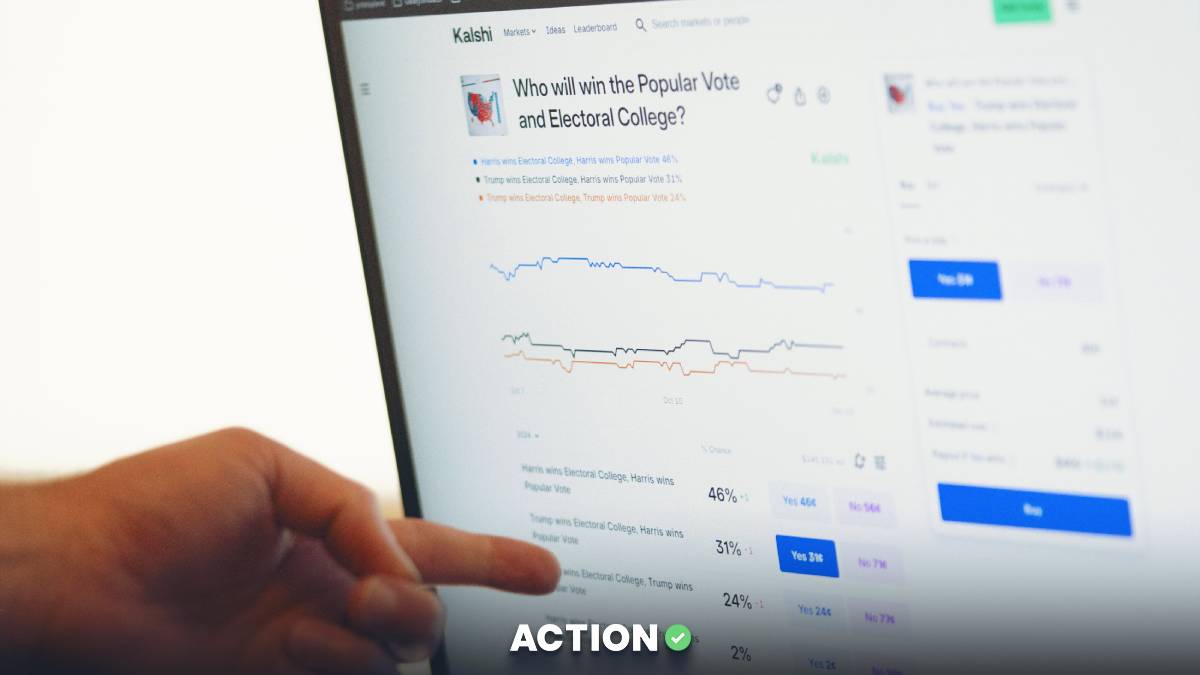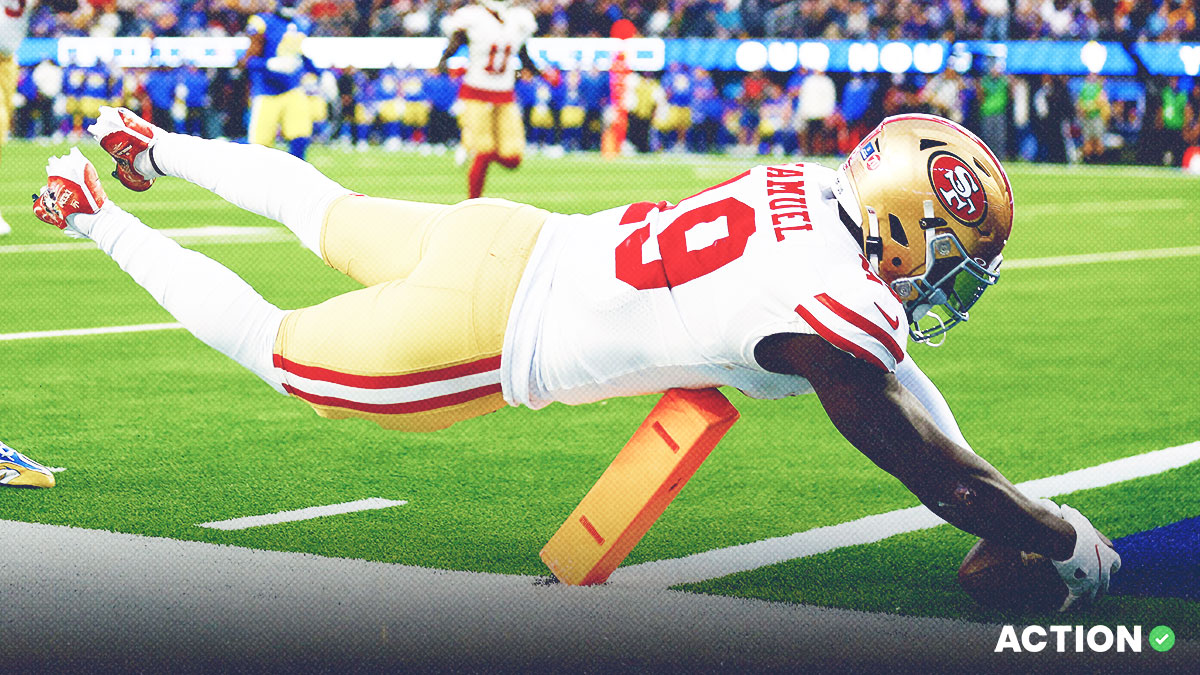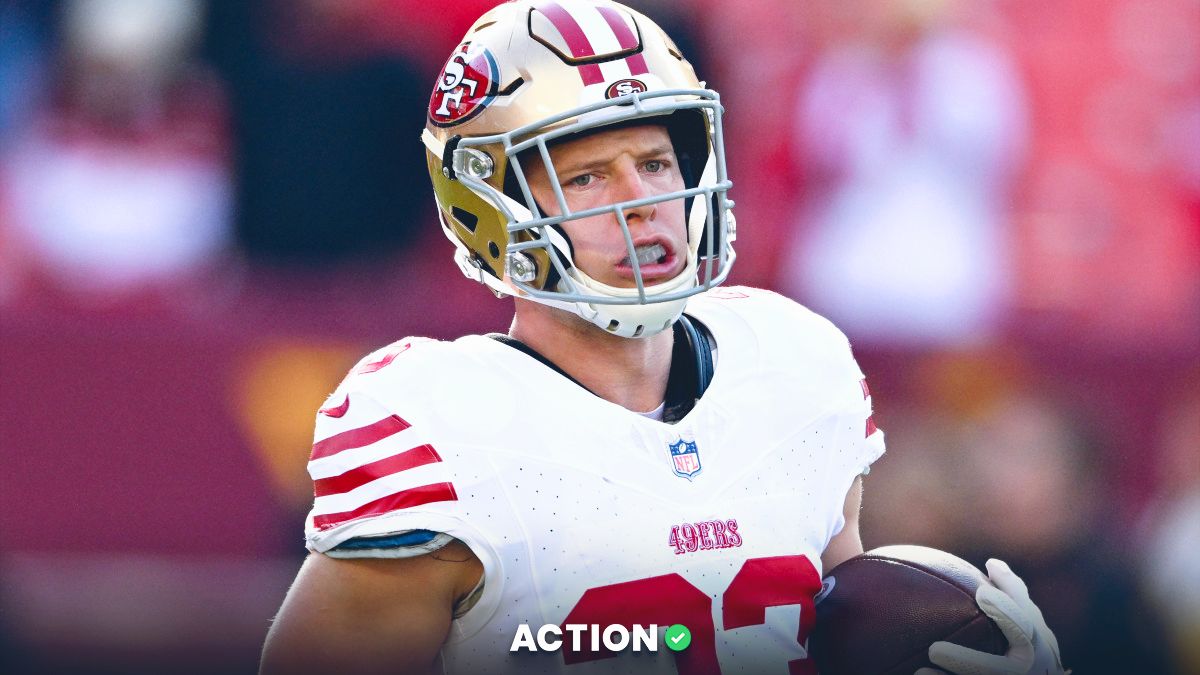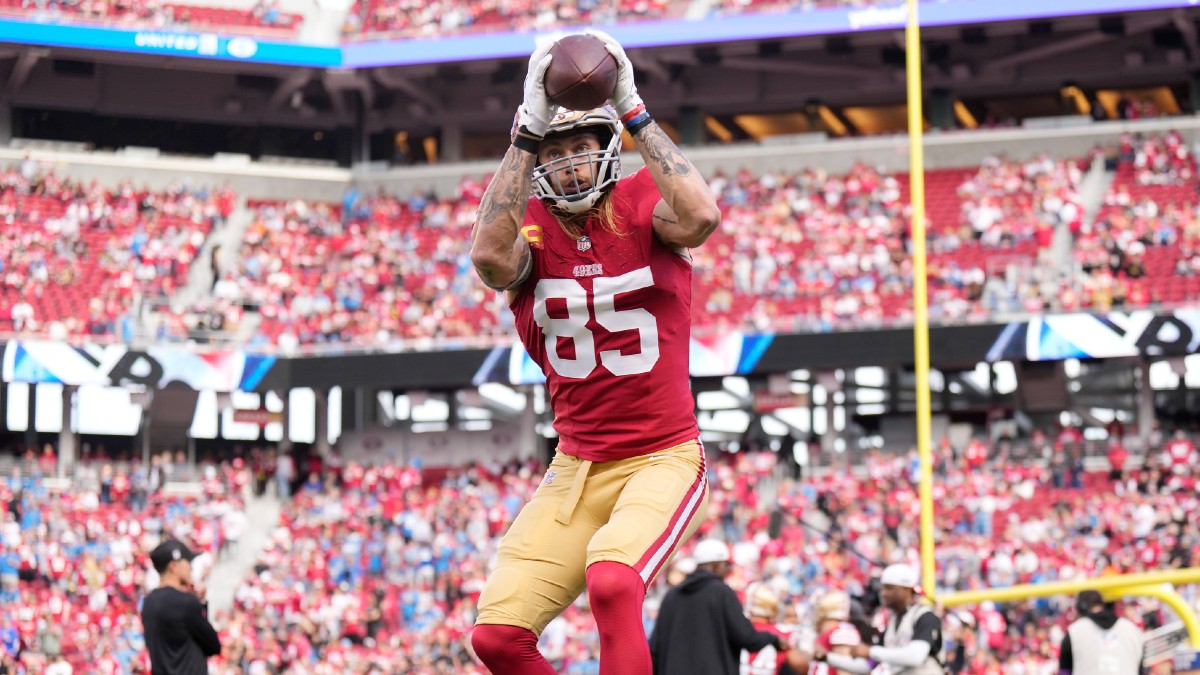- In order to be a winning sports bettor over the long term, you need to understand the proper way to evaluate whether you're making good or bad wagers.
- By comparing wagers to where the betting line closes, sports bettors can effectively determine the value of a given bet -- whether or not it wins.
Being a winning sports bettor over the longterm is not easy. In fact, it's extremely hard. One key difference between profitable bettors and those just making contributions to sportsbooks is properly tracking and analyzing one's own betting results.
But before you can properly break down your own personal performance, you need to first understand what makes a bet good vs. what makes one bad. Many simply rely on whether a wager wins or loses.
Line value, juice, etc. don't matter if the bet won, right? Winners are winners!
Well, that's wrong.
The result of a single bet is simply a one-game sample of a lifelong betting career — if you're lucky enough to continue winning. But if the result of a bet isn't the best way to judge whether the wager was smart, what is the right method?
For the purposes of this article, I'm assuming an efficient, widely-available betting market like the NFL. NFL betting lines are available at many different shops with very high limits. This ensures a very sharp and efficient market of betting lines.
And when betting into efficient markets, the best way to evaluate wagers is to compare the line you bet to where the line closed, also referred to as closing line value.
The Oakland Raiders played the San Francisco 49ers in Week 9 of the 2018 season. I bet the Raiders at +3. If you remember, this was the game in which quarterback C.J. Beathard — suffering from a wrist injury — did not play and Nick Mullens made his first career start.
The line ultimately closed at Raiders -1.5, meaning my bet at +3 had oodles of line value. However, much to my dismay, San Francisco absolutely pummeled Oakland to win 34-3.
Does this mean that I made a bad bet? Absolutely not.
Sure, losing is never fun, but if you're not thrilled to get money down at +3 for a wager that the very efficient NFL market deems should be -1.5, then you probably shouldn't be betting.
>> Sign up for The Action Network's daily newsletter to get the smartest NFL conversation delivered into your inbox each morning.
Then there are instances like when the Chicago Bears played the Minnesota Vikings in Week 17 of 2018, a game that I bet Bears +5. Steady Minnesota money moved the closing line to Vikings -6, meaning that I took a bad number at +5 when the market determined +6 was the correct line.
Chicago got out to an early lead and won the game, 24-10. Despite it ending up a stress-free winner for me, I still consider this a bad bet because the market moved against me.
Sure, it worked out this time, but if you're constantly betting lines that are worse than the closing number, it's a sure sign that your systems, strategies, models, gut feeling, etc. are going to lose in the long run.
So when you're evaluating your bets, remember this line is incorrect: "It's not whether you win or lose, it's whether you cover the spread."
Instead, train yourself to think: "It's not whether you win or lose, it's whether you beat the closing number."
Your bankroll will thank you.


